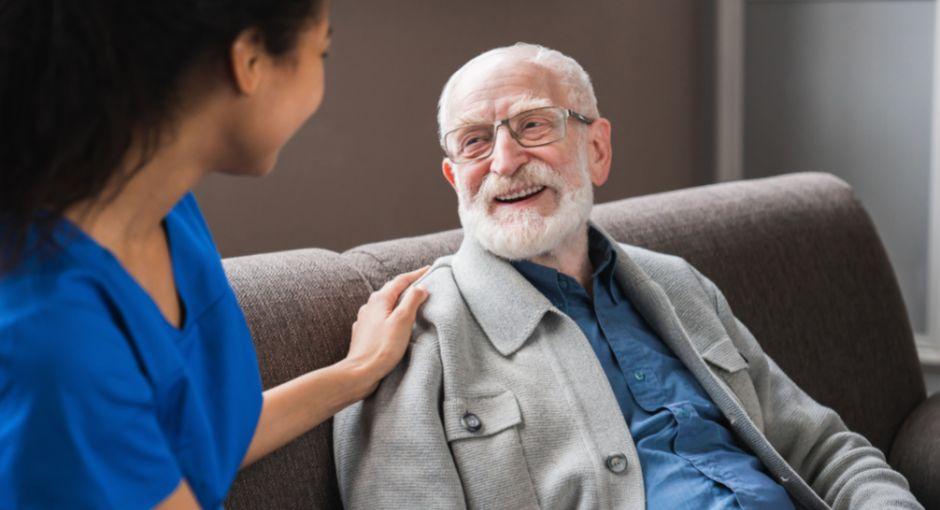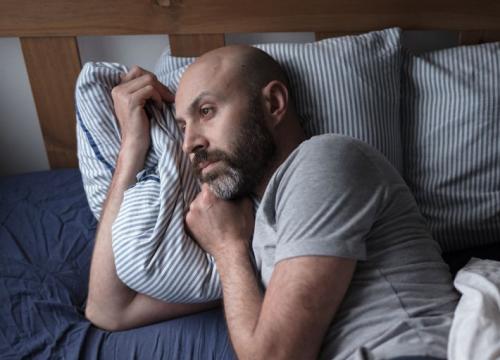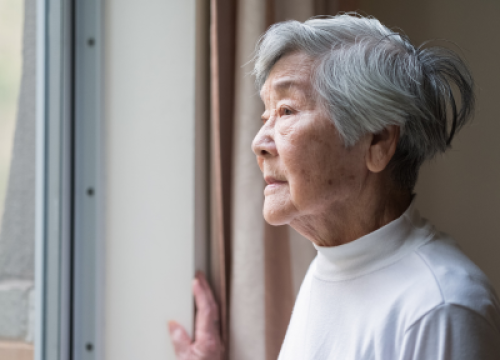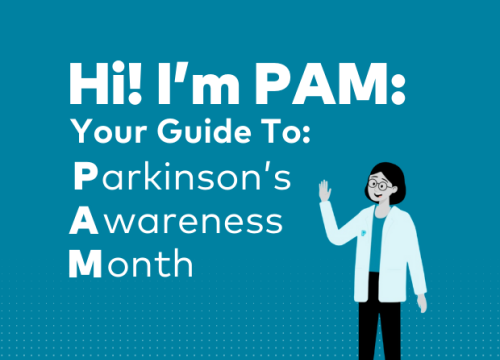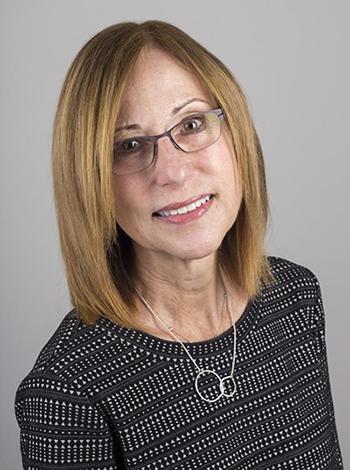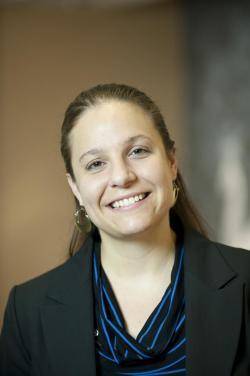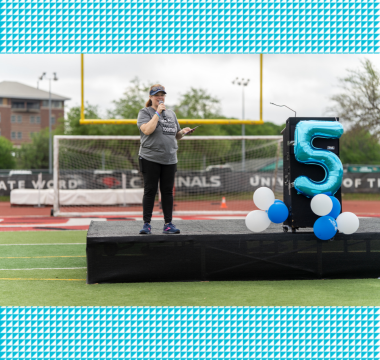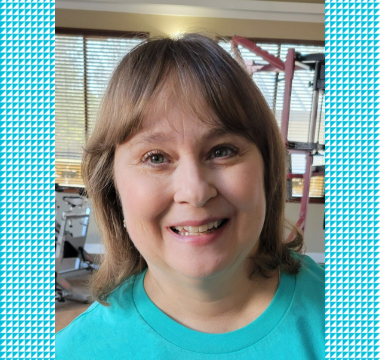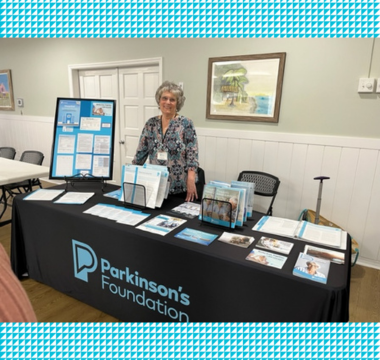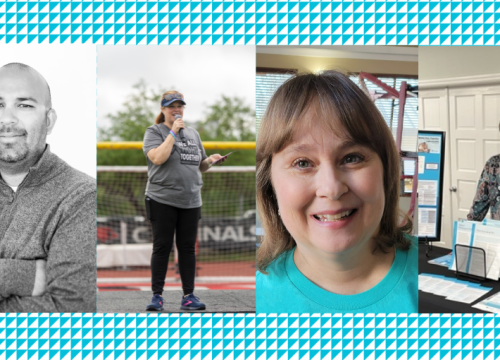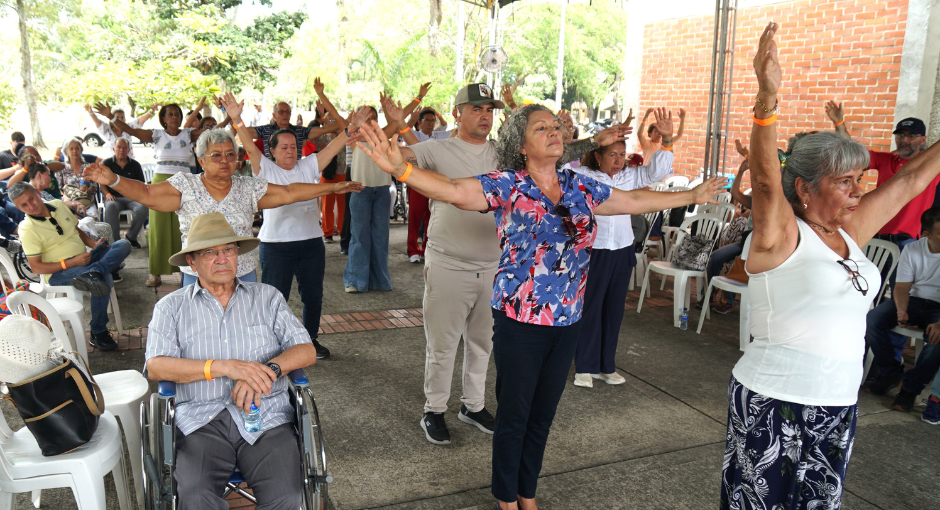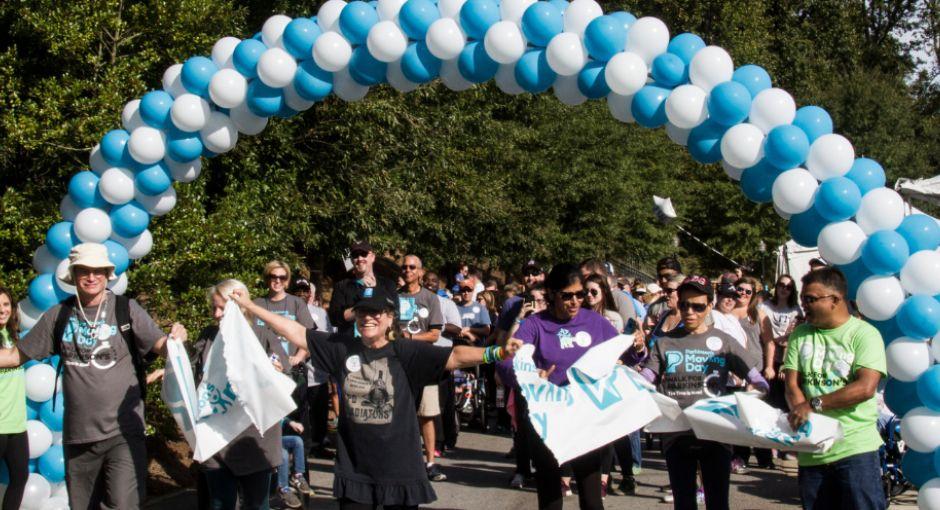Acerca la enfermedad de Parkinson
Puntos Clave
- Alrededor de un 70% de las personas con la EP experimentan temblores.
- Los síntomas de la EP suelen variar, empeorando con la ansiedad, la fatiga o cuando el efecto de la medicación desaparece entre dosis.
- El ejercicio habitual puede ayudar a mejorar los síntomas y la calidad de vida.
- La carbidopa/levodopa sigue siendo la "regla de oro" de la medicación para la EP.
- Las personas con la EP suelen necesitar ajustes en el tratamiento a medida que progresan los síntomas.
La enfermedad de Parkinson (EP) es un trastorno neurodegenerativo progresivo que provoca una pérdida gradual de las células cerebrales que producen dopamina, una sustancia química necesaria para el movimiento. Conforme la dopamina disminuye con el tiempo, el movimiento se vuelve más difícil para las personas con la EP. La pérdida de dopamina también puede afectar el estado de ánimo y la motivación.
¿Qué tan común es el Parkinson?
Casi un millón de personas en los EE. UU. y 10 millones en todo el mundo viven con la EP, con 90,000 nuevos diagnósticos al año. Es la segunda enfermedad neurodegenerativa más común después del Alzheimer, y se espera que su prevalencia aumente en los próximos años debido al envejecimiento de nuestra población.
¿Cuáles son los síntomas del Parkinson?
Los signos más visibles y conocidos de la EP son los motores, como temblor, lentitud, rigidez y problemas de equilibrio. Además, hay síntomas no motores que afectan el estado de ánimo y la calidad de vida, como ansiedad, problemas de sueño y cambios en el pensamiento.
Los síntomas iniciales pueden ser leves y a veces confundirse con signos de envejecimiento. Para aprender acerca de los signos iniciales de la EP, visite Parkinson.org/10Signos.
¿Cómo avanza el Parkinson?
El Parkinson es una enfermedad compleja que afecta a cada persona de manera diferente. En la mayoría de los casos, los síntomas se desarrollan lentamente a lo largo de muchos años y empeoran con el tiempo.
¿A quién afecta el Parkinson?
El Parkinson suele diagnosticarse a partir de los 60 años, aunque puede afectar a personas menores de 50, conocido como Parkinson de inicio temprano (EPIT).
Alrededor de un 4% de las personas con la EP tienen EPIT. Los hombres son 1.5 veces más propensos a tenerlo que las mujeres, y algunas regiones y grupos étnicos tienen tasas más altas.
¿Qué provoca el Parkinson?
Los investigadores creen que el Parkinson es causado por una combinación de factores genéticos, ambientales y de otro tipo. Entre un 10 y un 15% de las personas con la EP tienen un vínculo genético.
¿Cómo se diagnostica el Parkinson?
No hay una prueba única para detectar el Parkinson. Se basa en los síntomas, historial médico y examen físico. A veces, se requieren pruebas adicionales para descartar enfermedades similares. Los criterios para el diagnóstico incluyen bradicinesia (movimientos lentos) así como uno o más de los siguientes síntomas.
- Temblor en una extremidad que ocurre estando en reposo
- Rigidez de brazos, piernas o tronco
- Problemas de equilibrio y caídas
Un diagnóstico de la EP puede llevar tiempo. Cuando aparecen los primeros síntomas, muchos hablan con su médico de cabecera, que puede derivarlos a un neurólogo si sospecha que puede ser Parkinson. Algunos neurólogos, llamados especialistas en trastornos del movimiento, tienen formación adicional en el diagnóstico y tratamiento de la EP.
¿Cómo se trata el Parkinson?
Aunque la EP varía en cada persona, la mayoría necesita medicinas que influyen en la dopamina para sus síntomas. El ejercicio regular también puede mejorar síntomas motores y no motores y calidad de vida. Para algunos, la cirugía cerebral profunda es una opción.
Las pesonas con la EP pueden experimentar una amplia gama de síntomas complejos; por ello es clave tener un equipo de profesionales de la salud, incluyendo fisioterapeutas, terapeutas ocupacionales y del habla y otros especialistas, así como profesionales de la salud mental, urólogos y médicos gastrointestinales. Para más información sobre tratamientos, visite Parkinson.org/Tratamiento.
